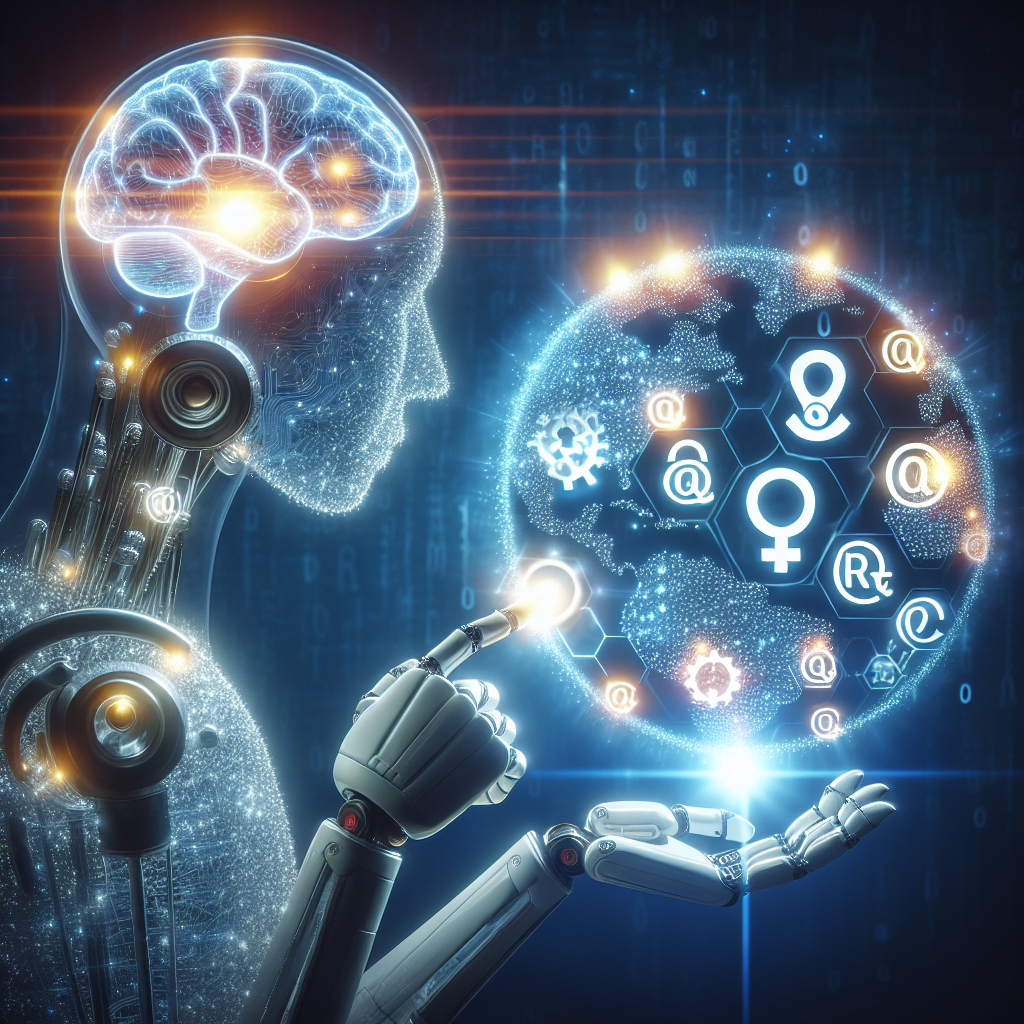The Impact of AI on Intellectual Property Rights
Artificial Intelligence (AI) has been rapidly advancing in recent years, with applications in various industries such as healthcare, finance, and transportation. One area where AI is having a significant impact is intellectual property rights. From creating new works to enforcing existing rights, AI is changing the landscape of intellectual property law.
In this article, we will explore the impact of AI on intellectual property rights, including the creation of AI-generated works, the role of AI in copyright enforcement, and the challenges and opportunities that AI presents for intellectual property law.
AI-Generated Works
One of the most significant impacts of AI on intellectual property rights is the creation of AI-generated works. AI algorithms are now capable of generating original works of art, music, and literature that are indistinguishable from those created by humans. This raises the question of who owns the copyright in these works – the AI system that created them, or the human programmer who trained the AI?
In most jurisdictions, copyright law grants protection to works that are original and have a human author. This poses a challenge when it comes to AI-generated works, as there is no clear answer as to whether the AI system or the human programmer should be considered the author for copyright purposes.
Some argue that the human programmer should be considered the author of AI-generated works, as they are the ones who designed and trained the AI system. Others argue that the AI system itself should be considered the author, as it is the one that actually created the work.
In response to this dilemma, some countries have introduced legislation that explicitly states that copyright in AI-generated works belongs to the human programmer. For example, the UK Copyright, Designs and Patents Act 1988 states that the author of a computer-generated work is the person who “makes the arrangements necessary for the creation of the work.” This means that the human programmer is considered the author of AI-generated works under UK law.
However, other jurisdictions have yet to address this issue, leaving the question of authorship in AI-generated works open to interpretation. As AI technology continues to advance, it is likely that more countries will grapple with this issue and develop new laws to clarify the rights of creators and programmers in relation to AI-generated works.
Copyright Enforcement
AI is also playing an increasingly important role in copyright enforcement. With the rise of digital piracy and online infringement, copyright holders are turning to AI technologies to help them identify and combat unauthorized use of their works.
One of the most common uses of AI in copyright enforcement is content recognition technology, which uses algorithms to scan and compare digital content to a database of copyrighted works. This technology can quickly identify instances of infringement and help copyright holders take action against infringers.
For example, platforms like YouTube use content recognition technology to automatically detect and remove videos that contain copyrighted material. This has helped copyright holders protect their works and enforce their rights in the digital domain.
AI is also being used to track and monitor online infringement, by analyzing large amounts of data to identify patterns and trends in copyright infringement. This can help copyright holders identify and target repeat infringers, as well as assess the impact of infringement on their works.
Challenges and Opportunities
While AI presents many opportunities for intellectual property rights, it also poses several challenges. One of the main challenges is the lack of clarity and consistency in the legal framework surrounding AI-generated works. As AI technology continues to evolve, it is crucial for lawmakers to develop clear and comprehensive laws that address the rights of creators, programmers, and users in relation to AI-generated works.
Another challenge is the potential for AI to be used to infringe intellectual property rights. For example, AI algorithms can be used to create deepfakes – manipulated videos or images that falsely attribute content to a particular creator. This can lead to issues of misattribution and false authorship, which can undermine the integrity of intellectual property rights.
On the other hand, AI also presents opportunities for intellectual property rights, by enabling creators to produce new and innovative works that would not be possible without AI technology. For example, AI algorithms can analyze and generate new music compositions, artwork, and literature, opening up new possibilities for creativity and expression.
FAQs
Q: Who owns the copyright in AI-generated works?
A: The ownership of copyright in AI-generated works is a complex and evolving issue. In some jurisdictions, the human programmer is considered the author of AI-generated works, while in others, the AI system itself is considered the author. It is important for lawmakers to clarify the rights of creators and programmers in relation to AI-generated works.
Q: How is AI being used in copyright enforcement?
A: AI is being used in copyright enforcement in various ways, such as content recognition technology to identify and remove infringing content, and data analysis to track and monitor online infringement. These technologies help copyright holders protect their works and enforce their rights in the digital domain.
Q: What are the challenges and opportunities of AI for intellectual property rights?
A: AI presents challenges in terms of the legal framework surrounding AI-generated works, as well as the potential for AI to be used to infringe intellectual property rights. However, AI also presents opportunities for creators to produce new and innovative works that would not be possible without AI technology.
In conclusion, AI is having a significant impact on intellectual property rights, from the creation of AI-generated works to the enforcement of copyright. While AI presents challenges in terms of legal clarity and potential infringement, it also offers opportunities for creators to explore new avenues of creativity and expression. As AI technology continues to advance, it is important for lawmakers to develop clear and comprehensive laws that address the rights of creators, programmers, and users in relation to AI-generated works.

